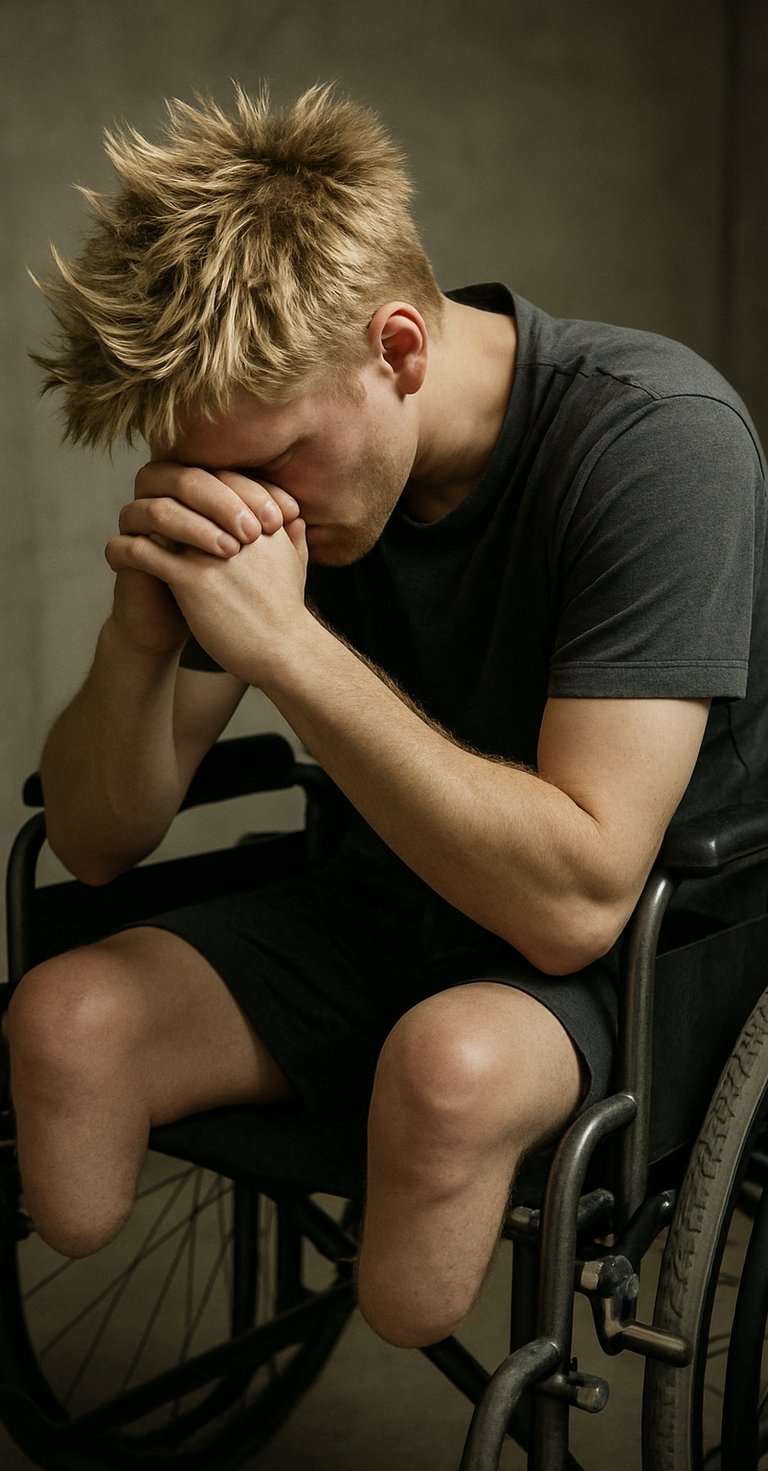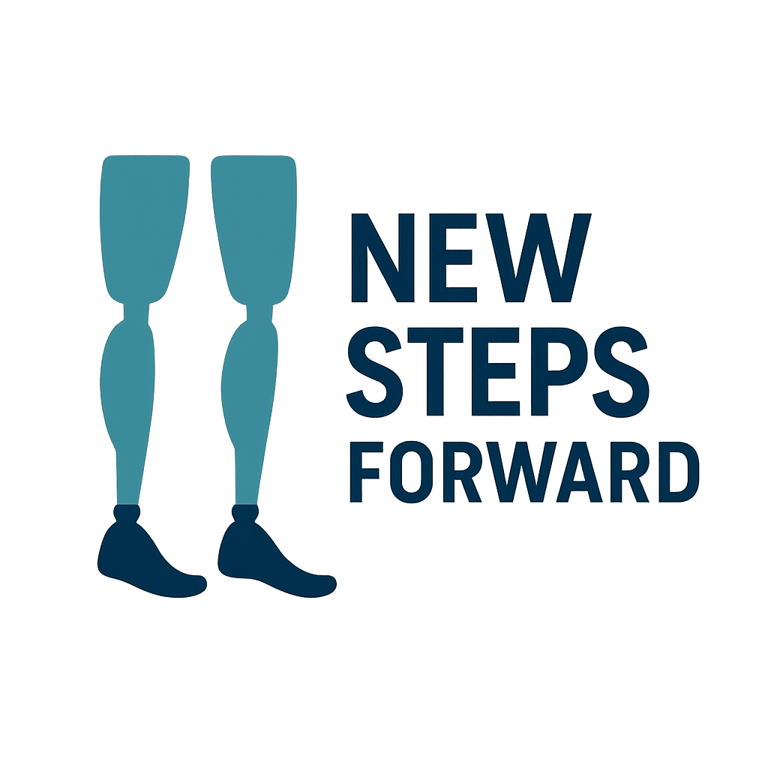
Life After Amputation: Living in the In-Between
When people hear "life after amputation," they tend to imagine the before and the after — before the accident, after the comeback. But they don’t talk about the middle part. The in-between. The stretch of time when you’re healing, adapting, and waiting — especially when your legs are gone, but your prosthetics haven’t arrived.
Thomas Bish
The Wait That Wears You Down
Waiting for prosthetics is like being stuck in limbo. You're told things are “moving forward,” but the timelines stretch. It’s not just about mobility — it’s about dignity. It’s about not needing help for every bathroom trip, every transfer, every simple movement.
And while you wait, you don’t pause life. You’re still trying to live — but now in a world built for standing people, rushing people, people who can just "hop in real quick."
There’s frustration. There’s fatigue. But mostly, there’s a deep hunger to move again. To stand. To walk. To feel grounded — even if it's with artificial legs.



Real-World Adaptation Isn’t Glamorous
People love to share adaptive lifestyle tips — and some are helpful. But here’s the real secret: you make it up as you go. You learn how to transfer better. You tweak routines to save energy. You figure out which friends actually show up. You start keeping track of every ramp and every bathroom with enough space to turn your chair.
It’s not pretty, but it’s yours. Your system. Your way of making life work when it looks nothing like before.
The Story Before the Comeback
Everyone loves inspirational amputee stories, but let’s be real — we don’t all get the glossy montage right away. Some of us are still in the grit. Still building routines. Still waiting on fittings, funding, and function. And that's okay.
Your story doesn’t need a viral video to matter. Sometimes inspiration is just getting out of bed. Asking for help without apologizing. Laughing at something ridiculous that would've made you cry last month.
Mental Weight Hits Harder Than the Physical
Everyone sees the missing legs. But not everyone sees the grief, the anxiety, or the amputee mental health load that comes with it. There’s shame in needing help, even when you know better. There’s fear about how people see you now. There’s sadness in how fast life changed and how slow it feels to adapt.
I’ve had to learn how to sit with myself. To be honest about bad days without getting stuck in them. Some days I feel like I’m figuring it out. Other days, it’s just “breathe and survive.” Both days count.
You’re Not Broken. You’re Adapting.
If you’re in this space too — not walking yet, but doing the work to keep going — I see you. You’re not lazy. You’re not less. You’re not behind.
You’re adapting to a new body, a new world, a new way of living. And that takes a kind of strength most people will never understand.
Journey
Exploring life after amputation with hope.
Stories
Support
thomas.bish06
@newstepsforward.com
262-705-4575
© 2025. All rights reserved.
